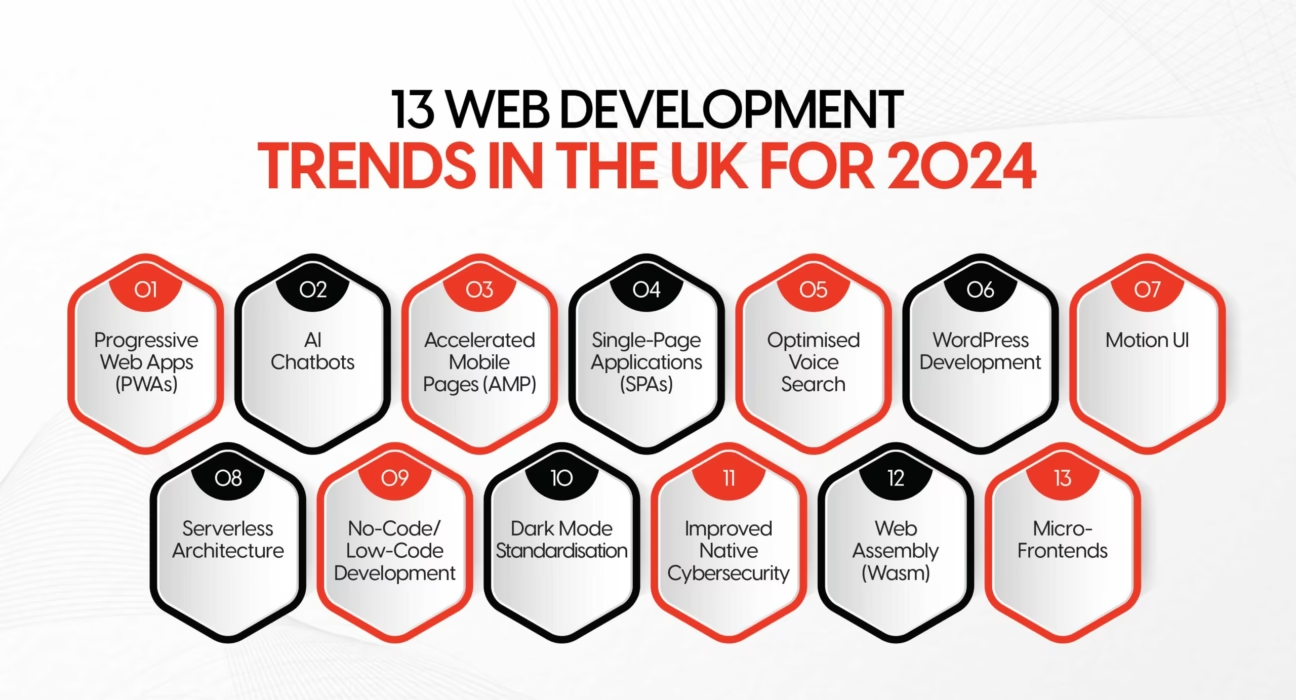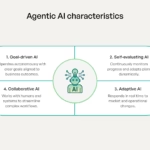UK Web Development Trends 2025: Navigating the Evolving Digital Landscape
Estimated reading time: 15 minutes
Key Takeaways
- The web development landscape is *dynamic* and *ever-evolving*, particularly in the UK.
- Staying ahead of **UK web development trends 2025** is crucial for businesses and developers alike.
- Key trends include AI integration, the rise of PWAs, voice search optimisation, mobile-first design, and headless CMS.
- These trends are interconnected, working synergistically to create advanced user experiences.
- Adaptation and innovation are paramount for maintaining a competitive edge in the digital space.
Table of contents
- UK Web Development Trends 2025: Navigating the Evolving Digital Landscape
- Key Takeaways
- The Transformative Impact of AI in Web Development UK
- Progressive Web Apps (PWAs) UK 2025: The Future of App-like Experiences
- The Imperative of Voice Search Optimisation UK
- Mastering Mobile-First Responsive Web Development UK
- Headless CMS Trends UK: Decoupling Content for Ultimate Flexibility
- The Synergy of Trends: Weaving a Future-Ready Web
- Embracing the Future of UK Web Development
- Frequently Asked Questions
The digital world is in a constant state of flux. For businesses and developers in the UK, staying ahead of the curve isn’t just an advantage; it’s a necessity. As we look towards 2025, the web development landscape is set to undergo significant transformations, driven by rapid technological advancements and evolving user expectations. This post will delve into the critical **UK web development trends 2025**, offering a comprehensive guide to the key shifts that will shape how websites are built, function, and engage users. We’ll explore the integration of artificial intelligence, the burgeoning importance of Progressive Web Apps (PWAs), the necessity of voice search optimisation, the enduring power of mobile-first responsive design, and the strategic advantages offered by headless CMS architecture. Understanding these trends is vital for any UK business aiming to maintain a competitive edge and for developers looking to innovate and excel in this dynamic field.
The Transformative Impact of AI in Web Development UK
Artificial intelligence (AI) is no longer a futuristic concept in web development; it’s an increasingly integral part of the toolkit. In the UK, **AI in web development UK** is rapidly transitioning from experimental ideas to practical, powerful tools that are fundamentally reshaping how websites are conceived, built, and maintained.

The applications of AI in this domain are diverse and impactful:
- AI-powered code generation and automation: Imagine developers being freed from the more monotonous aspects of coding. AI tools are increasingly capable of automating repetitive coding tasks, offering intelligent code suggestions, and even identifying potential errors before they manifest. This significantly streamlines workflows, reduces manual effort, and allows developers to focus on more complex and creative problem-solving. This is a key aspect of **AI in web development UK**. https://www.penbrief.com/how-ai-is-changing-the-world
- Personalized user experiences: In today’s competitive digital arena, generic experiences fall flat. AI excels at analysing vast amounts of user behaviour and preferences. This data allows websites to deliver dynamic content tailored to individual users, offer highly relevant recommendations, and create customized site interactions that foster deeper engagement. This personalized approach is a significant factor in the **UK web development trends 2025**. Source: https://armadainternet.wixstudio.com/web-development/post/top-web-development-trends-uk-businesses-must-adopt-in-2025, https://magnetoitsolutions.com/uk/blog/web-development-trends-uk
- Predictive analytics: AI can go beyond understanding current user behaviour; it can anticipate it. By analysing patterns, AI can forecast user actions, identify potential site issues before they impact users, and optimize resource allocation based on predicted traffic, ensuring smoother performance and better user journeys. For insights into this, see https://www.penbrief.com/how-ai-is-transforming-businesses-guide.
- Enhanced security and bug detection: The complexity of modern websites presents fertile ground for vulnerabilities. AI algorithms are becoming increasingly sophisticated at proactively detecting security threats, identifying complex bugs that might evade human detection, and bolstering overall website security against ever-evolving cyber threats. Source: https://armadainternet.wixstudio.com/web-development/post/top-web-development-trends-uk-businesses-must-adopt-in-2025

The adoption of these AI-driven approaches in the UK is yielding tangible benefits, including higher user engagement, improved conversion rates, and more efficient development cycles. Businesses that embrace **AI in web development UK** are positioning themselves for greater success in the competitive digital marketplace. https://www.penbrief.com/game-changing-ai-powered-productivity-apps-you-absolutely-need-in-2024
Progressive Web Apps (PWAs) UK 2025: The Future of App-like Experiences
In the realm of **Progressive Web Apps UK 2025**, we’re witnessing a significant shift towards delivering sophisticated, app-like experiences directly through the web browser. PWAs are designed to bridge the gap between traditional websites and native mobile applications, offering a compelling blend of accessibility and functionality.
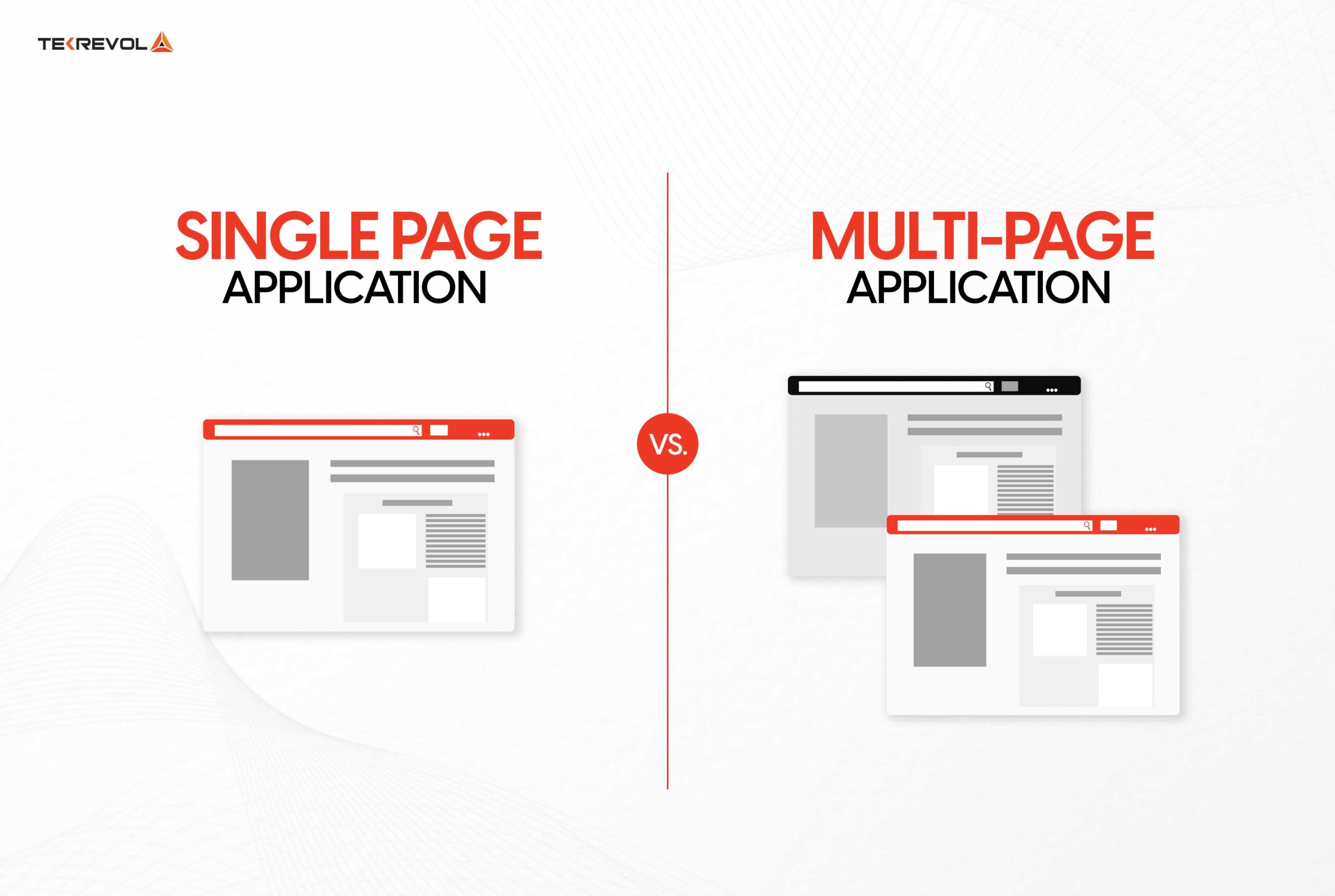
The core benefits of PWAs include:
- Offline functionality: One of the most significant advantages of PWAs is their ability to function even without a stable internet connection. Users can access cached content and certain features, ensuring a consistent experience regardless of network availability.
- App-like experience: PWAs load incredibly fast, offer smooth navigation, can send push notifications, and can even be added to a user’s home screen, much like a native app. This delivers a highly engaging and familiar user experience.
- Accessibility: Unlike native apps that require downloads from app stores, PWAs are accessible on any device with a web browser. This lowers the barrier to entry, making them a more inclusive and readily available option for users. (Keywords: Progressive Web Apps UK 2025) Source: https://www.tekrevol.com/blogs/top-13-web-development-trends-in-the-uk-to-watch/, https://magnetoitsolutions.com/uk/blog/web-development-trends-uk
PWAs are gaining significant traction in the UK, particularly because they are exceptionally well-suited for the UK’s highly mobile-centric market. Consumers are increasingly relying on their smartphones for browsing, shopping, and accessing services, making the seamless, performant experience offered by PWAs highly desirable. https://www.penbrief.com/best-smartphones-gaming-2025

Furthermore, ongoing refinements in web technologies in 2025 are making PWAs more robust, feature-rich, and easier to integrate across various platforms. This evolution means that businesses can now implement even more sophisticated functionalities within their PWA offerings. Source: https://armadainternet.wixstudio.com/web-development/post/top-web-development-trends-uk-businesses-must-adopt-in-2025
The success stories are already mounting. UK businesses, especially in sectors like eCommerce and on-demand services, have seen remarkable improvements, such as reduced bounce rates and enhanced user retention, after implementing PWAs. These tangible results underscore the strategic value of embracing this technology. Source: https://armadainternet.wixstudio.com/web-development/post/top-web-development-trends-uk-businesses-must-adopt-in-2025, https://www.tekrevol.com/blogs/top-13-web-development-trends-in-the-uk-to-watch/
The Imperative of Voice Search Optimisation UK
In the evolving digital landscape of the UK, **Voice search optimisation UK** is rapidly shifting from a niche consideration to an absolute imperative. The proliferation of voice assistants and smart speakers means that a growing segment of users are interacting with the internet through spoken queries, fundamentally changing how they seek information and engage with businesses online. Source: https://armadainternet.wixstudio.com/web-development/post/top-web-development-trends-uk-businesses-must-adopt-in-2025

Understanding the nuances of voice search is critical, as it differs significantly from traditional text-based search:
- Natural language queries: Voice searches are typically longer, more conversational, and often phrased as complete questions. This contrasts sharply with the keyword-stuffed, often fragmented queries used in text searches. https://www.penbrief.com/revolutionary-ai-search-technology-future
To effectively target this growing audience, web developers and content creators in the UK must implement specific optimisation strategies:
- Natural language queries: The focus should be on creating content that directly answers common questions in a conversational tone. Think about how a person would naturally ask a question and structure your content to provide clear, concise answers.
- Featured snippet optimization: Search engines often pull answers for voice queries directly from featured snippets. Therefore, structuring content in a way that is easily digestible and answers questions directly is crucial for appearing in these prominent positions.
- Local SEO for voice searches: Many voice searches have a local intent, such as “find a coffee shop near me.” Optimising for local searches, ensuring accurate business information (NAP), and using location-specific keywords are therefore vital.
- Schema markup: Implementing structured data, or schema markup, helps search engines understand the context of your content more effectively. This makes it easier for search engines to pull relevant information for voice search results. Source: https://armadainternet.wixstudio.com/web-development/post/top-web-development-trends-uk-businesses-must-adopt-in-2025

By excelling in voice search optimisation, UK businesses can effectively connect with a significant and growing segment of users who prefer the convenience and immediacy of spoken interaction for retrieving information. This trend is a clear indicator of **UK web development trends 2025** that cannot be ignored. https://www.penbrief.com/google-ai-mode-features-explained
Mastering Mobile-First Responsive Web Development UK
The importance of **Mobile-first responsive web development UK** cannot be overstated. In a market where a significant majority of UK consumers access the internet primarily via their mobile devices, a website that isn’t optimised for mobile is a website that’s failing a substantial portion of its potential audience. Source: https://armadainternet.wixstudio.com/web-development/post/top-web-development-trends-uk-businesses-must-adopt-in-2025, https://magnetoitsolutions.com/uk/blog/web-development-trends-uk
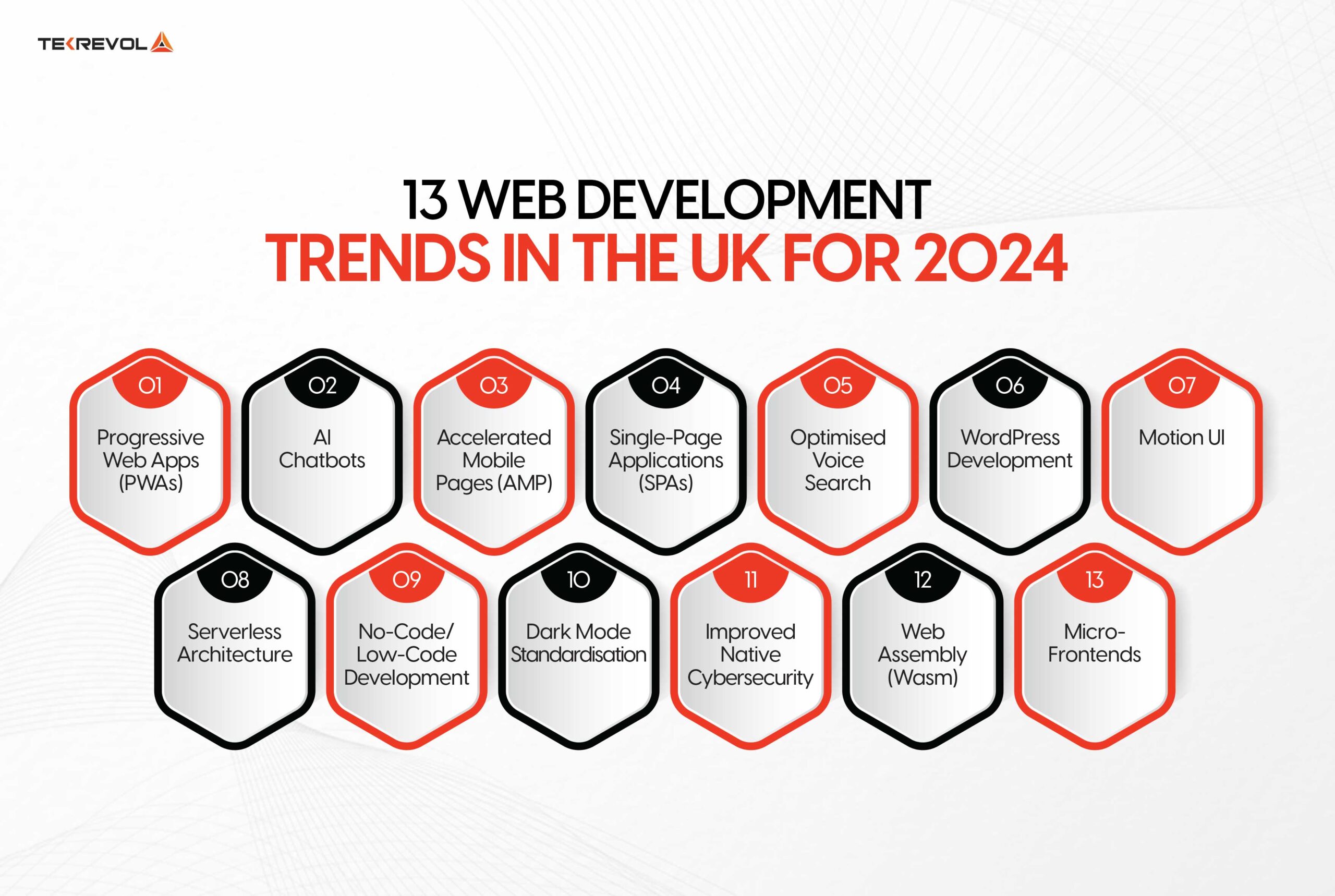
Mobile-first design is not merely about making a website look good on a small screen; it’s a strategic approach that prioritizes the user experience on mobile devices first. This means designing for smaller screens and limited bandwidth, then progressively enhancing the experience for larger screens and more powerful devices. This ensures that the core content and functionality are accessible and usable for everyone, regardless of their device. https://www.penbrief.com/how-to-improve-your-smartphone-photography-skills
For 2025, several best practices are essential for creating seamless and intuitive mobile experiences:
- Adaptive layouts: Websites should fluidly adapt to different screen sizes, ensuring content is readable and interactive elements are easily accessible.
- Touch-friendly navigation: Menus, buttons, and interactive elements must be appropriately sized and spaced for easy tapping, preventing accidental clicks and frustration.
- Efficient use of screen real estate: Content needs to be presented in a clear, concise manner, avoiding clutter and prioritizing essential information on smaller screens.
- Performance optimization: Speed is paramount on mobile. Strategies such as image optimization, code minification, efficient caching, and leveraging modern front-end frameworks are crucial for ensuring fast loading times. This not only enhances user satisfaction but is also a critical factor for SEO rankings. Source: https://armadainternet.wixstudio.com/web-development/post/top-web-development-trends-uk-businesses-must-adopt-in-2025, https://magnetoitsolutions.com/uk/blog/web-development-trends-uk
Google’s mobile-first indexing policy is a significant driving factor behind this trend. This means that Google primarily uses the mobile version of a website for indexing and ranking. Consequently, websites that are not mobile-friendly and performant will struggle to rank well in search results. Source: https://armadainternet.wixstudio.com/web-development/post/top-web-development-trends-uk-businesses-must-adopt-in-2025, https://magnetoitsolutions.com/uk/blog/web-development-trends-uk

For businesses in the UK, mastering **Mobile-first responsive web development UK** is not just about good design; it’s about ensuring accessibility, usability, and search engine visibility in an increasingly mobile-dominated world. https://www.penbrief.com/latest-ios-android-updates-features
Headless CMS Trends UK: Decoupling Content for Ultimate Flexibility
The concept of **Headless CMS trends UK** represents a significant architectural shift, separating the content management backend (the “body”) from the presentation layer (the “head”). This decoupling offers unparalleled flexibility, allowing content to be delivered seamlessly to any front-end channel or device imaginable. Source: https://magnetoitsolutions.com/uk/blog/web-development-trends-uk
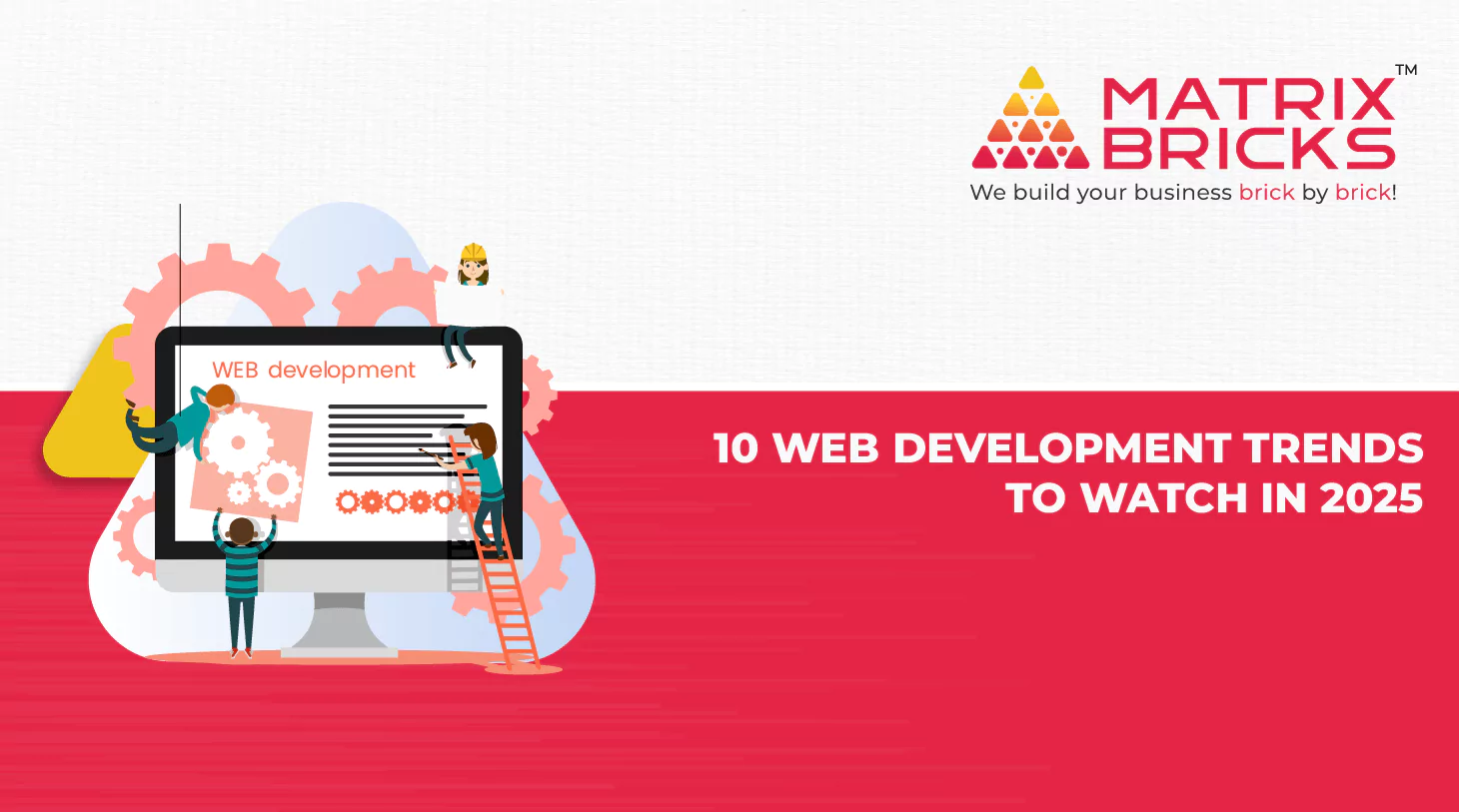
The advantages of adopting a headless CMS approach are numerous and transformative:
- Omnichannel content delivery: In an era where users interact with brands across multiple touchpoints, headless CMS excels. It enables content to be published consistently and efficiently across websites, mobile apps, smart devices, social media platforms, and more, ensuring a unified brand message everywhere.
- Developer flexibility and choice: Headless architectures empower developers. They are free to select their preferred front-end technologies and frameworks – such as React, Vue, or Angular – without being constrained by the templating systems or architecture of a traditional monolithic CMS. Source: https://magnetoitsolutions.com/uk/blog/web-development-trends-uk
- Scalability and performance: By decoupling the front-end and back-end, each layer can be optimized independently. This often leads to more scalable and performant applications, as resources can be allocated more efficiently, and issues in one layer are less likely to impact the other.
- Future-proofing: The agility offered by a headless CMS is invaluable for future adaptability. Businesses can easily integrate new technologies and platforms as they emerge, ensuring their digital presence remains robust and relevant without extensive rebuilding. Source: https://magnetoitsolutions.com/uk/blog/web-development-trends-uk
Furthermore, headless CMS aligns perfectly with other emerging trends. It provides the ideal infrastructure for delivering personalized content driven by AI and supports the dynamic, app-like experiences offered by PWAs. This interconnectedness highlights how **Headless CMS trends UK** are integral to a modern, flexible web strategy. https://www.penbrief.com/how-ai-is-changing-the-world

For businesses in the UK, embracing headless CMS means gaining a significant advantage in content management, developer freedom, and the ability to adapt quickly to future digital demands. https://www.penbrief.com/top-ai-trends-to-watch-2025
The Synergy of Trends: Weaving a Future-Ready Web
It’s clear that the **UK web development trends 2025** are not isolated phenomena. Instead, they form a powerful, interconnected ecosystem that, when leveraged effectively, creates exceptionally sophisticated and user-centric digital experiences. Understanding this synergy is key to building a truly future-ready web presence.
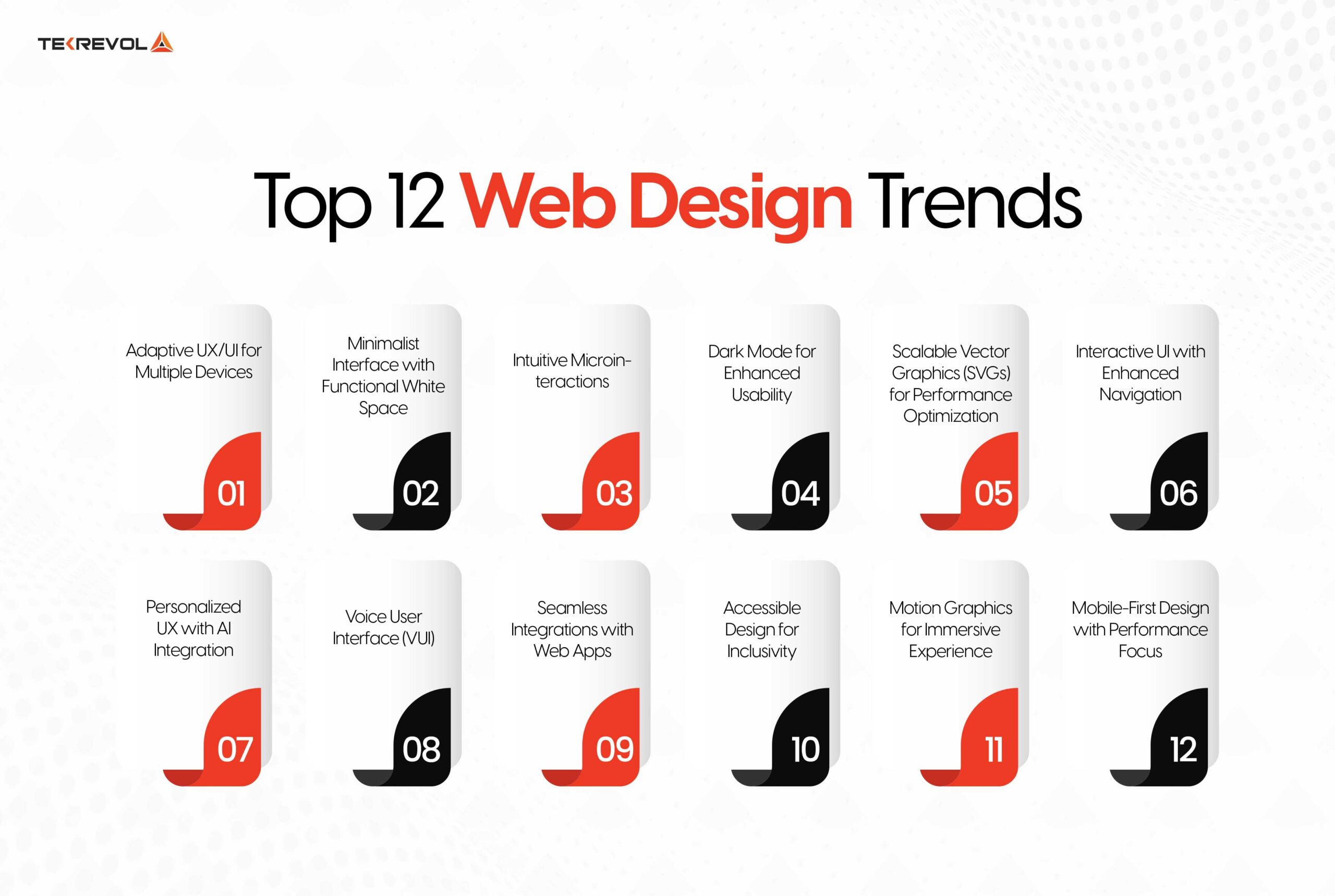
Consider how these trends work in concert:
- AI powering PWAs and Headless CMS: AI’s ability to analyse user data can significantly enhance PWA functionality, for instance, by enabling intelligent offline caching or predictive pre-fetching. Within a headless CMS architecture, AI can drive dynamic content personalization, ensuring users receive the most relevant information at precisely the right time. https://www.penbrief.com/how-ai-is-transforming-businesses-guide
- Mobile-First, PWAs, and Headless CMS: The growing demand for seamless mobile experiences, championed by mobile-first design principles and the app-like functionality of PWAs, is perfectly complemented by the flexibility and scalability of headless CMS. Headless architectures make it easier to deliver consistent, optimized content across all mobile touchpoints. https://www.penbrief.com/latest-ios-android-updates-features
- Voice Search and AI: AI’s advancements in natural language processing (NLP) are the bedrock of effective voice search optimisation. It’s AI that enables systems to understand the nuances, context, and intent behind spoken queries, making them actionable and leading to more accurate search results. https://www.penbrief.com/google-ai-mode-features-explained
Beyond these core trends, several other emerging technologies and principles are shaping the broader future of web development:
- The growing use of Augmented Reality (AR) and Virtual Reality (VR) to create immersive experiences. https://www.penbrief.com/best-vr-headsets-gaming-2024
- Increased adoption of low-code and no-code development platforms, democratizing web creation.
- A heightened emphasis on web accessibility, ensuring websites are usable by individuals with disabilities, often guided by WCAG compliance standards.
- A growing awareness and implementation of sustainable web development practices (“green web development”), aiming to reduce the environmental impact of digital infrastructure. https://www.penbrief.com/revolutionary-sustainable-computing-greener-future
- Source: https://armadainternet.wixstudio.com/web-development/post/top-web-development-trends-uk-businesses-must-adopt-in-2025, https://magnetoitsolutions.com/uk/blog/web-development-trends-uk, https://www.tekrevol.com/blogs/top-13-web-development-trends-in-the-uk-to-watch/, https://armadainternet.co.uk/top-web-development-trends/

By understanding and integrating these interconnected **UK web development trends 2025**, businesses can craft robust, adaptable, and engaging online experiences that resonate with users and position them for long-term success. https://www.penbrief.com/top-ai-trends-to-watch-2025
Embracing the Future of UK Web Development
As we navigate the digital horizon of 2025, the key **UK web development trends 2025** offer a roadmap for innovation and user engagement. We’ve explored the profound impact of AI integration, the rise of Progressive Web Apps (PWAs) providing app-like experiences, the critical importance of voice search optimisation for conversational interactions, the enduring necessity of mobile-first responsive design for a mobile-dominant audience, and the ultimate flexibility afforded by headless CMS architecture. https://www.penbrief.com/uk-tech-trends-2025-analysis

For UK businesses and developers, staying abreast of these trends is not merely about adopting new technologies; it’s about ensuring relevance, maintaining a competitive edge, and fostering sustained growth in an ever-evolving digital landscape. Proactive adaptation is the cornerstone of digital success. Source: https://armadainternet.wixstudio.com/web-development/post/top-web-development-trends-uk-businesses-must-adopt-in-2025, https://magnetoitsolutions.com/uk/blog/web-development-trends-uk, https://www.tekrevol.com/blogs/top-13-web-development-trends-in-the-uk-to-watch/, https://armadainternet.co.uk/top-web-development-trends/

We encourage you to proactively assess how these transformative trends can be integrated into your own web strategies. Consider exploring further resources, consulting with digital experts, or initiating pilot projects to harness the power of these advancements. By doing so, you can build a robust, future-proof online presence that not only meets current user expectations but anticipates future needs.
Frequently Asked Questions
Q1: How significantly will AI impact web development jobs in the UK by 2025?
AI is expected to automate many repetitive coding tasks, which may shift the focus of developer roles towards higher-level problem-solving, architecture design, and AI integration management. While some roles might be affected, new opportunities in AI development and oversight are likely to emerge.
Q2: Are PWAs a replacement for native mobile apps?
PWAs offer a compelling alternative, especially for businesses that need broad reach and rapid deployment without the complexities of app stores. However, native apps still offer deeper device integration and performance for highly demanding applications. PWAs are ideal for many use cases, offering a near-native experience with web accessibility.
Q3: How quickly can a business see results from implementing voice search optimisation?
Results can vary, but optimising for voice search often involves content refinement and technical SEO adjustments. Improvements in featured snippet rankings and local search visibility can often be observed within weeks to a few months, leading to increased traffic and engagement.
Q4: Is a mobile-first approach suitable for all types of UK businesses?
Given the overwhelming mobile usage in the UK, a mobile-first approach is beneficial for virtually all businesses. It ensures that the primary audience has an optimal experience, which translates to better engagement, conversions, and brand perception. It also positively impacts SEO.
Q5: What is the biggest advantage of using a headless CMS for a UK-based company?
The biggest advantage is flexibility and scalability. A headless CMS allows businesses to deliver content across multiple platforms (websites, apps, IoT devices) from a single source, providing greater agility to adapt to new technologies and evolving user behaviours, which is crucial for staying competitive.
Q6: How do headless CMS and AI work together effectively?
Headless CMS provides the content infrastructure, while AI can be used to personalize the delivery of that content based on user data and behaviour. AI can also automate content tagging, optimisation, and even generation, making content management within a headless system more efficient and intelligent.
Q7: What are the initial steps a small business in the UK should take to adapt to these trends?
Start by auditing your current website’s mobile-friendliness and performance. Identify your target audience’s primary access device. Consider if your content is optimised for conversational queries. Explore if a PWA could enhance your user experience or if a headless CMS might offer future flexibility. Prioritise the trends most relevant to your business goals.
Q8: Will the focus on sustainability in web development increase in 2025?
Yes, there is a growing awareness and demand for “green” web development. This includes optimising websites for energy efficiency, using sustainable hosting, and being mindful of the carbon footprint of digital services. This trend is expected to gain more traction in 2025 and beyond.
Q9: How can businesses ensure their website is accessible to all users in 2025?
Adhering to Web Content Accessibility Guidelines (WCAG) is essential. This involves designing and developing websites with features like clear navigation, alt text for images, keyboard navigability, and sufficient color contrast. Accessibility ensures a wider audience can engage with your content.
Q10: What is the role of developer experience (DX) in modern web development trends?
Developer experience is becoming increasingly important. Trends like headless CMS, robust APIs, and efficient tooling aim to improve the lives of developers, enabling them to build better, faster, and more scalable applications with greater ease. A positive DX leads to more efficient and innovative development.


